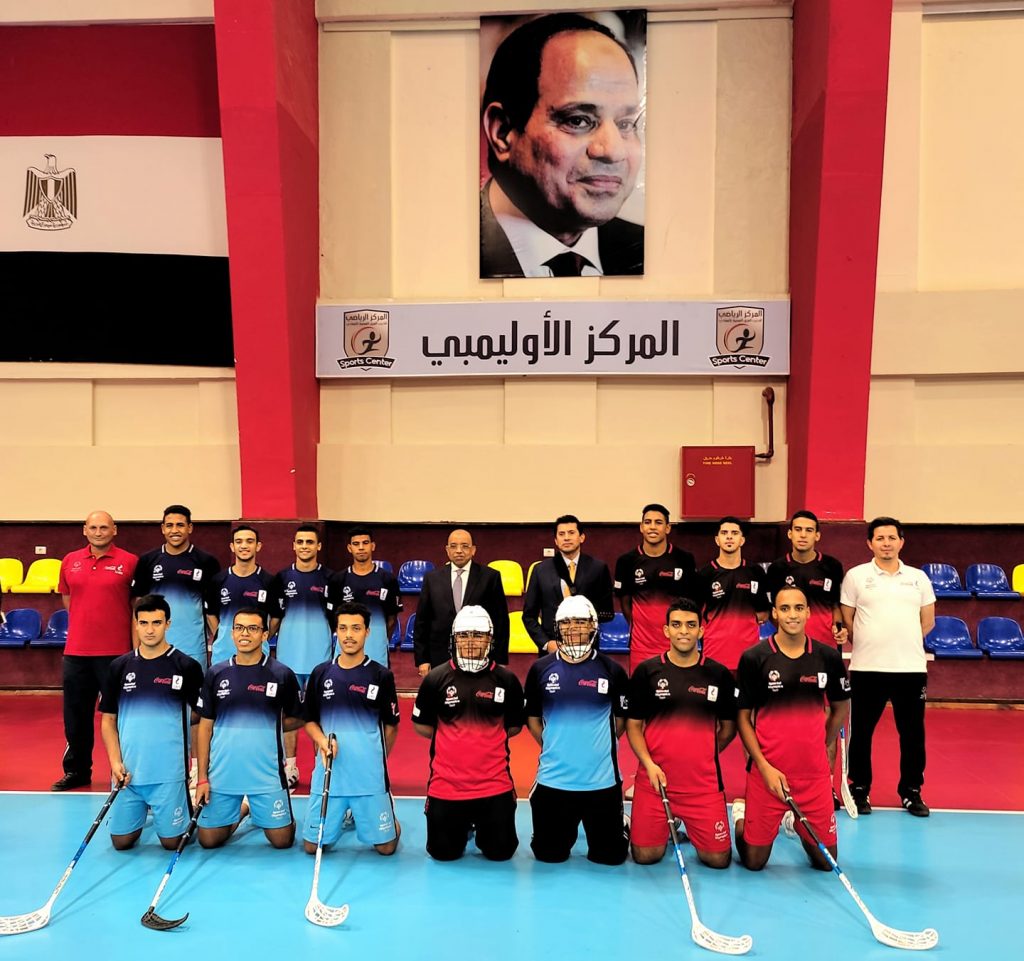
There are countless figures Egyptians look up to: Nour El Sherbini, Mohamed Salah, Essam el Hadari, Farida Osman, and countless others. However, there is an extant segment of the Egyptian community that never fails to inspire: the Egyptian Special Olympics Athlete community.
On Friday 3 December, the world celebrates International Day of Persons with Disabilities, shedding light on athletes who have excelled at countless sports despite physical, environmental, and mental odds stacked against them. This year’s celebration is focused on the pandemic, under the theme ‘’Fighting for Rights in the Post-Covid Era’’.
According to various studies, namely observations by the UN, the COVID-19 pandemic has highlighted pre-existing inequalities worldwide, exposing the extent of exclusion of certain communities from opportunities as well as signaling dire consequences on those impacted.
“People with disabilities—one billion people— are one of the most excluded groups in our society and are among the hardest hit in this crisis in terms of fatalities,” reads the UN website.
In Egypt, opportunities can be reserved for the privileged majority, with few but increasingly apparent attempts to integrate people with disabilities in the economic and social sphere. Indeed, only recently have public venues and sites incorporated wheelchair accessibility, such as the Luxor Temple and the Coptic Museum. Moreover, Egyptian people with disabilities can be challenged in terms of furthering their education and employment.
Nonetheless, the Special Olympics in Egypt, and in the MENA, are two institutional bodies that have carved a path for athletes hoping to find a community, and a chance to elevate their skills.
“Special Olympics Egypt and Special Olympics MENA helped me to find my voice and become more confident,’’ says Youssef Ramadan, a Global Athlete Input Council (GALC) Representative on behalf of Special Olympics MENA, with 19 years of experience in Special Olympics sports in basketball, handball, and athletics.
Ramadan, who is employed at Unilever, laments the shame that surrounds people with disabilities, noting that his own parents hid his reality from others as “to avoid society’s lack of acceptance.” Today, he leads a team of 25 individuals with intellectual disabilities.
“We can be heroes in everything if we are given the chance,” he enthuses.
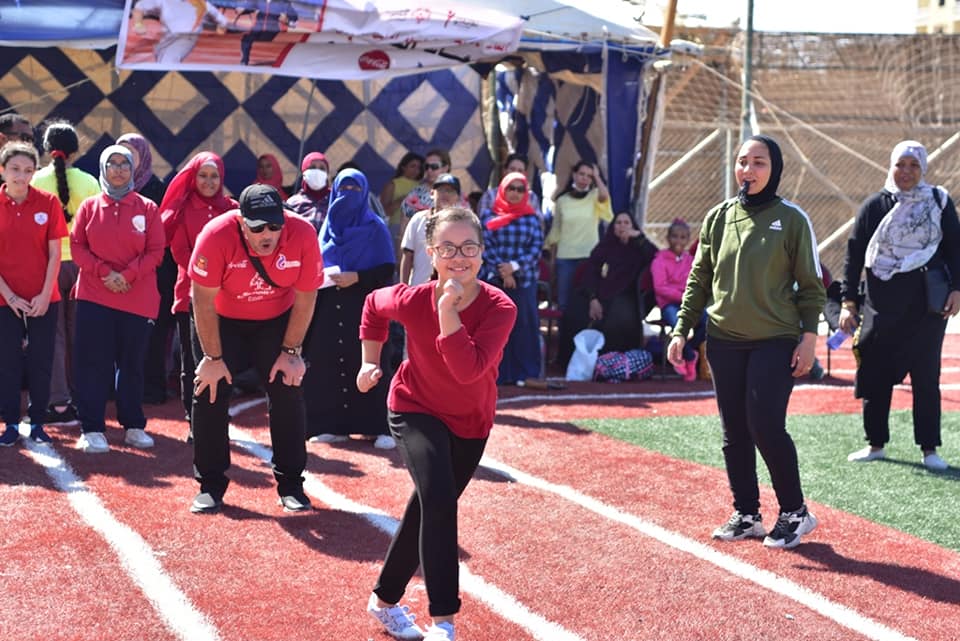
Origins
The Special Olympics, a spin-off of the original Olympics, was founded in 1968 by American philanthropist Eunice Kennedy Shriver; it was meant as a global movement, rather than an individual event, in which she took a historic stand against the injustices faced by people with intellectual disabilities. The movement grew over the years, expanding to over 190 countries and including an array of more than 30 Olympic-type sports.
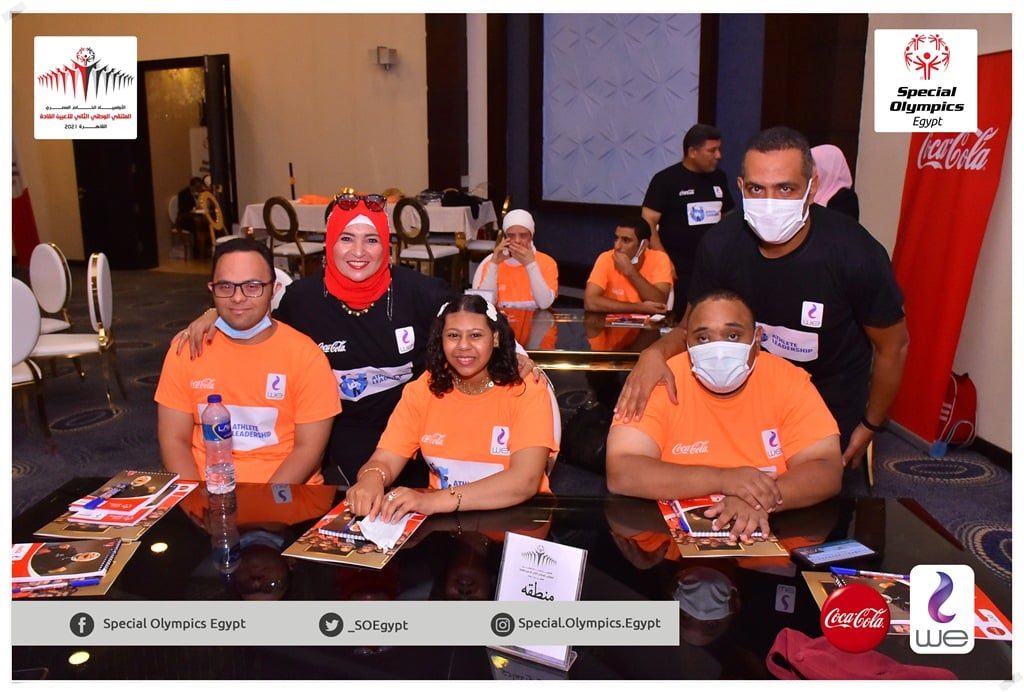
One of the seven regional offices of Special Olympics International, Special Olympics Middle/East North Africa has become a pioneering force to include people with disabilities into year-round sports training, education, health and STEM.
Currently, Egypt’s SO office, which was founded in 1995, has 39,861 registered athletes and partners. Under its supervision, athletes compete in 18 registered sports – from open water swimming to table tennis and football.
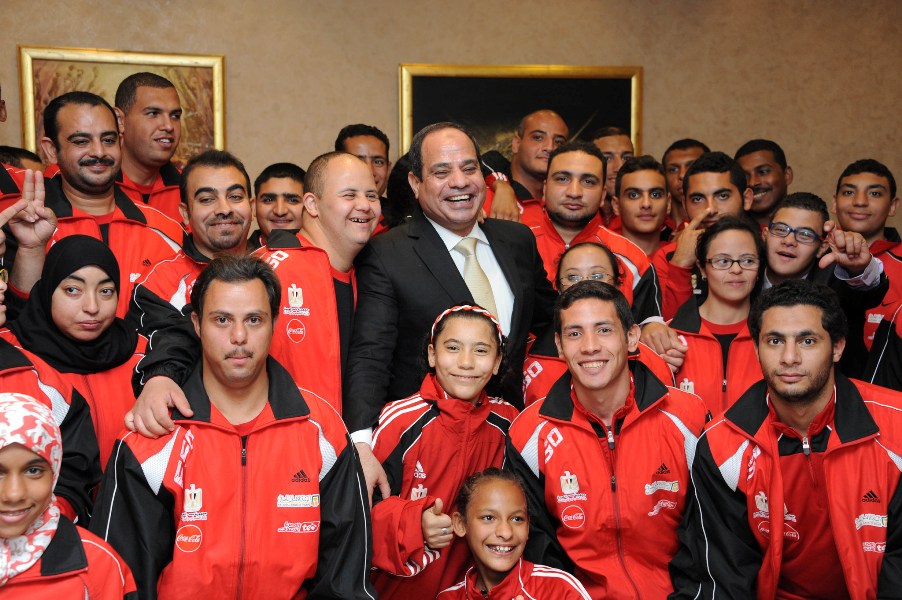



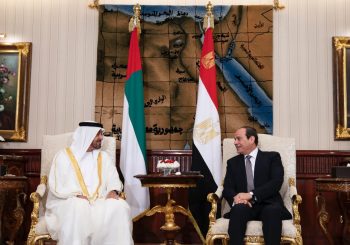

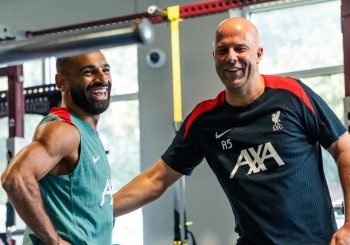
Comments (3)
[…] الجلسة في حفل أقيم بمناسبة الاحتفال بذكرى الـ اليوم العالمي للأشخاص ذوي الإعاقةحيث طلب السيسي من رئيس الوزراء مصطفى مدبولي الذي كان […]
[…] session was held at an event celebrating the International Day of Persons with Disabilities (IDPD), where Al-Sisi requested that Prime Minister Mostafa Madbouly, who was in attendance, and the House […]